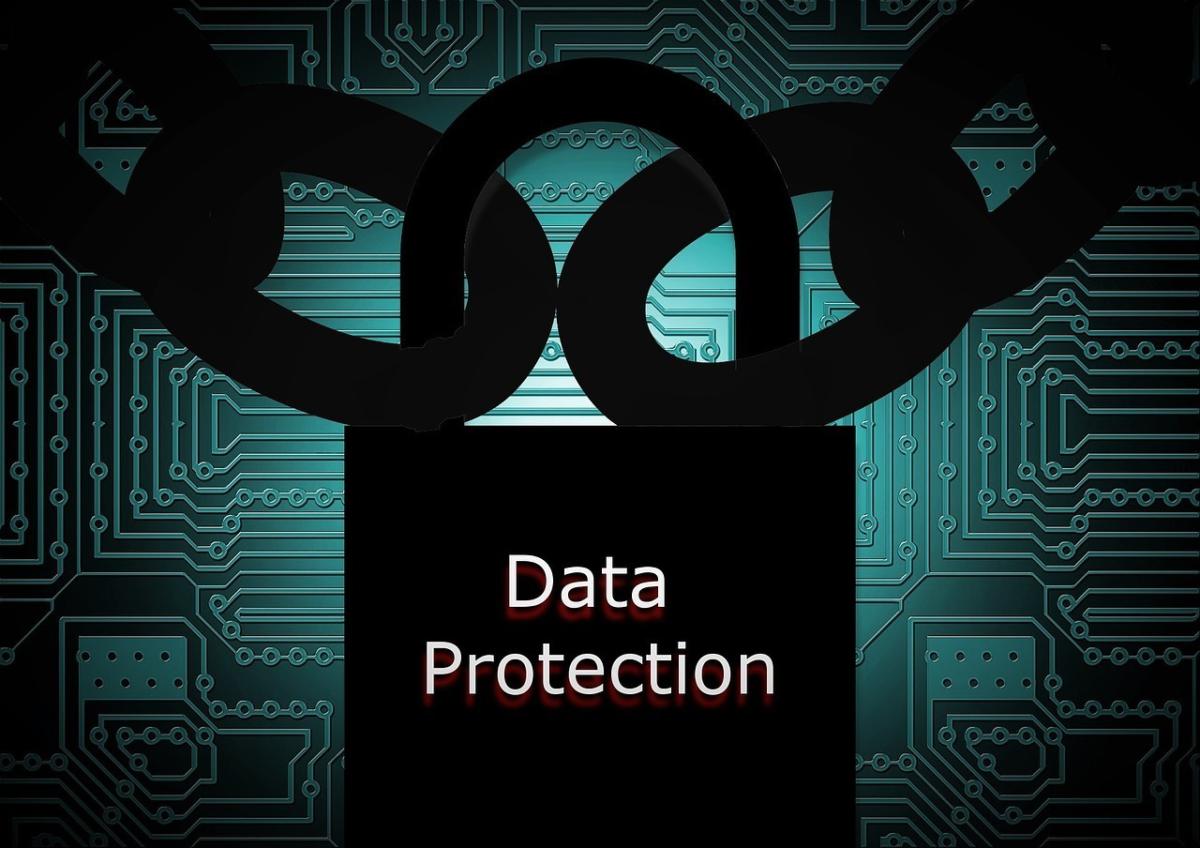-
Data protection
Posted on September 12, 2015 by Sam Sherman in StutteringIn many countries, businesses dealing with data must implement information security policies and strategies that ensure the confidentiality, integrity, and availability of their data. Some of these policies include such topics as the protection of data from unauthorized access, data availability, data transfer security, data loss prevention (visit sites like https://www.venyu.com/colocation/ to know more), data confidentiality, and data usage control, a lot of businesses implement systems like the zero trust access, which give users seamless and secure connectivity to private applications without ever placing them on the network. Other application work to help your network platforms improve with Social Boosting to get more audience in your content which can also be protected.
It is also recommended that businesses must be GDPR compliant to protect personal data and privacy. For further details on what GDPR and LGPD are all about, tap this link https://www.delphix.com/glossary/lgpd.

While security policies typically include information security objectives, such as restricting access to or usage of data, the security policies may also describe the types of information that may be stored, how it may be managed, and whether or not it may be shared. For example, you may want to consider whether to implement policies that require companies to make the information stored in the company’s computer systems available for use by third parties for research and development.Protecting Employee Data and Information
If you manage sensitive business information, such as employee and payment information, it is imperative that your organization take security precautions to ensure your company’s customers, suppliers, and employees remain secure. For example, a financial institution might make customer records available to third parties and employees to keep track of their accounts, but the customer’s financial institutions are not responsible for keeping the information safe from unauthorized access.
For information stored by employers on a bank’s website, employers should protect the company’s information so that hackers or others cannot access it. For more information, see Privacy in a Financial Environment.
Many organizations offer vendors the ability to access and manage data, but the risks vary as not all of them are backed up by actual data management services, like the ones at https://www.couchbase.com/downloads. Companies should also monitor how vendors handle customer data, and if a vendor breaches these protection measures, they may face additional penalties for breaches. this, you can hire managed IT services to protect both your business and your customers. Visit sites like tvit.net/managed-it-services-in-hailey-id/ to find specialists.
Business and Government Risk Management
According to providers near me, business and government organizations alike should carefully consider the security risks associated with their business activities. This includes the privacy and security implications of sharing business information with third parties, ensuring that they have a secure connection when dealing with government agencies. Businesses must regularly review their security policies and consider whether the risks are acceptable.
For example, if you have a legal entity’s information stored in a third-party system, you need to think about whether or not you can put in place the systems and practices necessary to manage security risks. If not, you may want to consider the possibility of self-hosting the information.
Another example is that if your organization collects and uses employee data or information from your customers, you should review the policies and consider whether you should change them to incorporate security best practices. If not, you may want to consider the possibility of self-hosting the information.
Privacy Principles and Related Terms
An example of the privacy principles used in the Safeguarding Business Information (SBTI) Framework is the Privacy Principles. In the Privacy Principles, information security is protected as an integral aspect of all business operations. This is one of the reasons that the guidelines were designed to apply to both business and government entities.